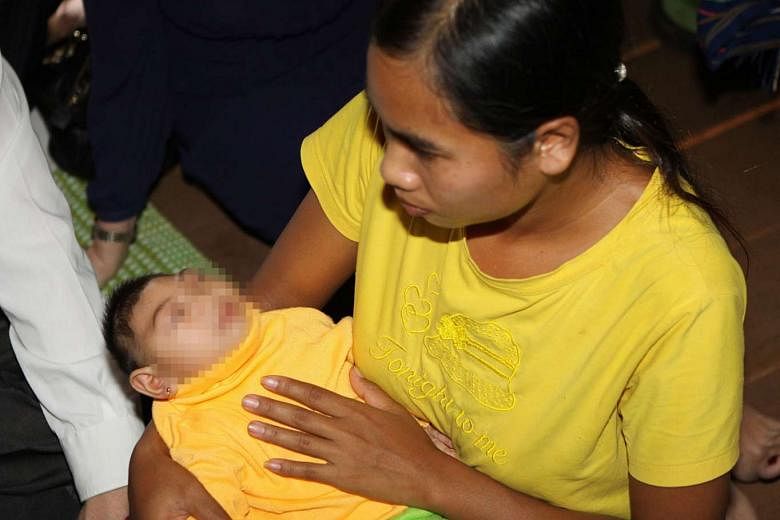HANOI • The number of confirmed Zika cases in Vietnam has more than doubled over the past three days to 23, with a dozen of the new infections recorded in the commercial hub of Ho Chi Minh City, the health ministry said yesterday.
The mosquito-borne virus has been spreading in South-east Asia after outbreaks in the Americas. Thailand reported the region's first confirmed case of microcephaly, a birth defect marked by small head size, linked to Zika in late September.
Health officials were not immediately available for comment on the surge in cases.
Vietnam last month raised the threat level for Zika and stepped up monitoring of pregnant women in the country after an increasing number of Zika cases amid growing outbreaks in the region.
On Sunday the Preventive Health Department confirmed the country's first case of microcephaly, or abnormal smallness of the head, in a four-month-old child, saying it is likely related to Zika. The patient was found in the Central Highlands province of Dak Lak.
The baby's mother was diagnosed with Zika when she was pregnant.
Zika infections in pregnant women have been shown to cause microcephaly - a severe birth defect in which the head and brain are undersized - as well as other brain abnormalities. The connection between Zika and microcephaly first came to light last year in Brazil, which has since confirmed more than 1,900 cases of microcephaly.
In adults, Zika infections have also been linked to a rare neurological syndrome known as Guillain-Barre, as well as other neurological disorders. There is no vaccine or treatment for Zika, which is a close cousin of dengue and chikungunya and causes mild fever, rash and red eyes.
An estimated 80 per cent of people infected have no symptoms, making it difficult for pregnant women to know whether they have been infected.
The World Health Organisation (WHO) warned earlier last month that Zika was likely to spread throughout Asia after being detected in 70 countries, including at least 19 in the Asia-Pacific region.
Last Friday, Myanmar's government said a pregnant foreign woman has been diagnosed with the country's first case of Zika.
The woman, whose nationality was not disclosed by the authorities, had been living in Myanmar for several years and was currently in Yangon, the country's largest city.
The WHO said the virus is "highly likely to further spread in the region" which includes China, Japan, Australia, most South-east Asian nations and the Pacific islands.
At least 400 Zika cases have been detected in Singapore this year.
REUTERS, AGENCE FRANCE-PRESSE

